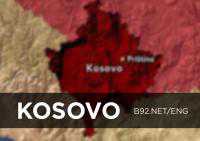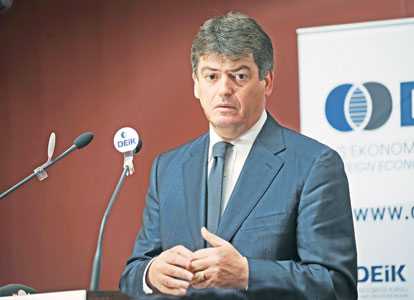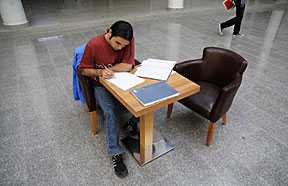A festival bringing together artists, activists, musicians and academicians from Kosovo and Turkey expanded communication between the two countries and fostered co-operation in various cultural fields.
![Turkey and Kosovo have developed close political and economic ties. [AFP] KOSOVO-TURKEY-THACI-ERDOGAN](https://www.turkishnews.com/en/content/wp-content/uploads/2013/01/SETERISAphoto.jpg)
Shporta told SETimes the most common cultural organisations from Turkey in Kosovo are theatre groups that perform in Turkish-speaking parts of Kosovo, especially Prizren, and events held during the month of Ramadan.
“Much more could be done,” Shporta said. “Co-operation at the bilateral level should not be limited to that part of Kosovo with a cultural heritage from [the Ottoman Empire].”
Shporta noted that organisations in Kosovo face financial difficulties.
“There is no [cultural] event in Kosovo that does not have financial concerns. Most of the events are largely supported by voluntary work,” he said.
Turkish financial support could help boost socio-cultural co-operation, Shporta added.
“It seems like there is a serious gap between Turkey’s socio-cultural representation in Kosovo, compared to Kosovo’s representation in Turkey, probably because Turkey’s cultural production is much richer and diversified,” Şadan Inan Rüma, an associate professor of international relations and Balkan politics at Istanbul Bilgi University, told SETimes.
Television and cinema are one area where Turkey is having an impact on Kosovo’s nascent industry.
“The cinematographic boom occurring in Turkey is in a way helping in the rejuvenation of Kosovar cinema,” Veton Nurkollar , the artistic director of Dokufest, one of the Balkan’s most successful documentary film festivals held annually in Prizren, told SETimes.
“The impact is felt in the way how it is worked in the cinema, be it Kosovar, Albanian, or cinema in other territories where Albanian is spoken,” Nurkollar said. “I see how the whole concept to create something similar [to that in Turkish cinema] is being adopted both in Kosovo and Albania.”
Nurkollar said Turkey has had the tendency to promote culture coming from Turkey to be consumed in Kosovo.
“I think there is space for improvement in the expansion of the range [of activities] and promotion of contemporary art, exchange of projects and festivals, [and the like],” he said.
Nurkollar added he would like to see more Turkish film producers coming to Kosovo to share their experiences and know-how with their Kosovar counterparts, and thus increase co-operation between the two countries in the field of cinematography.
Shporta also said he believes there many opportunities to extend co-operation in other areas such as contemporary art, photography, music production and disciplines such as sociology and media.
The festival hosted an exhibition called “Sui Generis” at the santralistanbul Energy Museum, where the works of 10 young Kosovar artists reflecting life in post-war Kosovo are on display through January 15th.
Six short films mainly focused on post-war Kosovo were also screened at Istanbul Modern’s cinema. Other events during the festival included live music performances by well-known groups and artists including a solo concert by Kosovo guitarist Petrit Çeku, a performance by Grupi Gazmor and Shpat Deda, and a jazz night with Kosovar groups Trio Love and Gipsy Groove.
Sociologists Shkelzen Maliqi and Sezgin Boynik held panel discussions on the effects of the Ottoman era on identity and culture in the Balkans and Kosovo. Meanwhile, representatives from the new media platform Kosovo 2.0 explained the situation regarding media in Kosovo and post-Yugoslavia countries to Turkish audiences.
Sislej Xhafa, one of Kosovo’s most celebrated contemporary artists based in New York, also shared his experience with the Turkish public. Xhafa has presented his work in other organisations in Istanbul in the past. “The Turkish people’s positive energy” brings him back to Turkey again and again, he told SETimes.
“The fact that we are here today sharing experience shows Turkey and Kosovo have very good socio-cultural ties,” Xhafa said.
This content was commissioned for SETimes.com.
via Turkey and Kosovo work to strengthen connections (SETimes.com).




